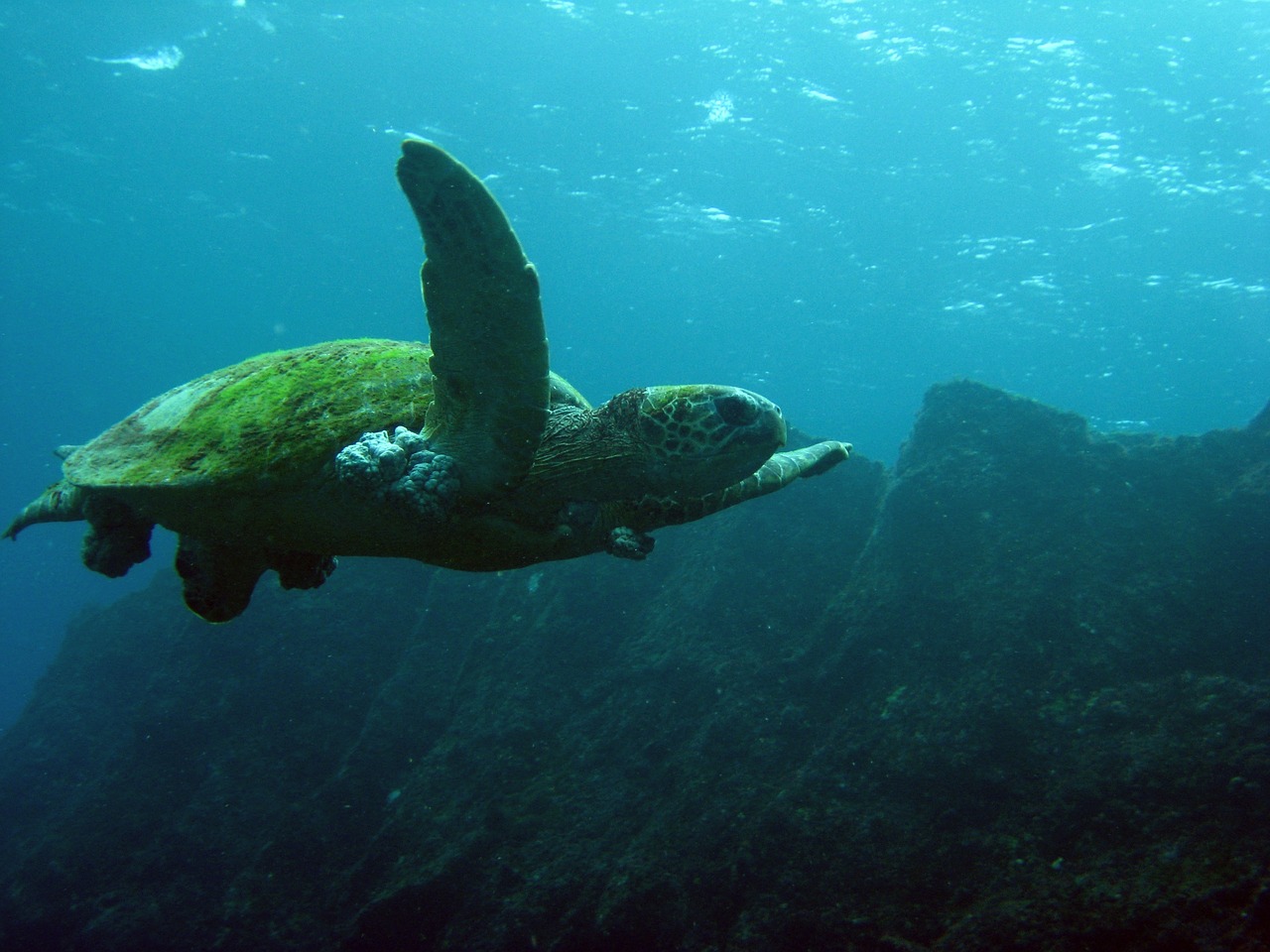Australia’s Great Barrier Reef is getting warmer due to climate change, causing more green turtles to be born female. This, in turn, could eventually lead to the species becoming extinct, a new study says.
The gender of green turtles is determined by temperature in a process called temperature-dependent sex determination or TSD – the same as alligators and crocodiles. This means that hotter weather conditions results in warmer incubations of eggs and a larger number of female hatchlings, Reuters reports. Hatching also happens more quickly in nests that are located in warmer environments.
The study, conducted by the National Oceanic and Atmospheric Administration, California State University, and Worldwide Fund for Nature (WWF) Australia, found that over 99% of young and adolescent green turtle populations on the northern part of the Great Barrier Reef are female, and 69% on the southern reef are female. These two populations are genetically different.
Dermot O‘Gorman, WWF-Australia Chief Executive, said,
We’re now seeing on those northern beaches virtually no males being born. That really rings alarm bells for the long-term survival of those northern green turtle population.
O’Gorman added that urgent measures are necessary to address climate change.
The Queensland Department of Environment and Heritage Protection has been looking into various ways to lower the temperature of beaches in the areas where turtles lay their eggs. These include methods such as providing shade or creating artificial rain to cool the sand, said Colin Limpus, chief scientist.
O’Gorman said, “Protecting some of the big breeding males from threats like nets and bycatch is going to be really important going on into the future as well.”
The Great Barrier Reef covers 348,000 square km (134,000 square miles) and was listed as a World Heritage site in 1981. It is the most extensive and impressive coral reef ecosystem on Earth, home to thousands of unique species.
























